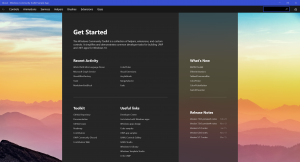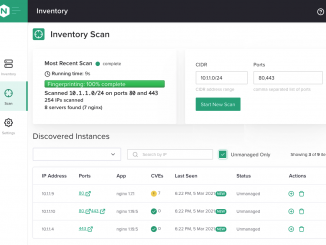
Announcing Windows Community Toolkit v7.0
Announcing Windows Community Toolkit v7.0 After many months of invigorating the Windows Community Toolkit with a multitude of improvements and features; we are happy to announce version 7.0 is available today! Made possible again with the support and contributions of our developer community.🎉 If you are new to the Toolkit, the Windows Community Toolkit is a collection of helpers, extensions, and custom controls. It simplifies and demonstrates common developer tasks for building UWP and .NET apps for Windows 10. The toolkit is part of the .NET Foundation. You can download our Sample App playground to discover and try Toolkit components before getting started on a project. This new update includes a whole new .NET Standard MVVM library, easier to use Toast Notification helpers for both .NET and UWP, a completely revamped composition Animation system for C# & XAML, new controls, and more!!! This is one of the largest releases of the Toolkit ever as we embarked to optimize and streamline the Toolkit for the future. However, it also contains [ more… ]


